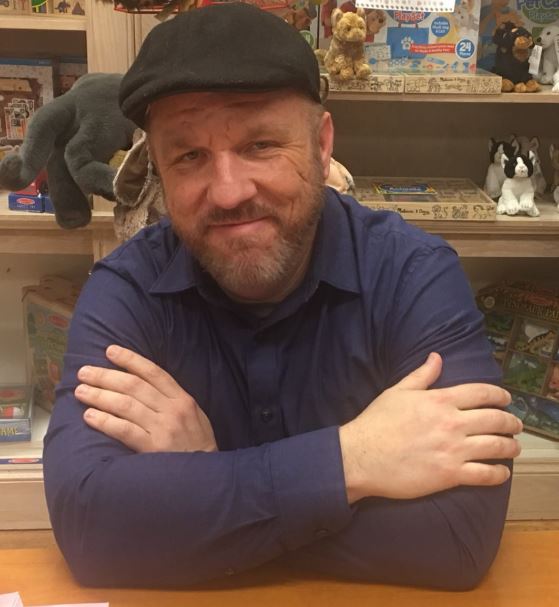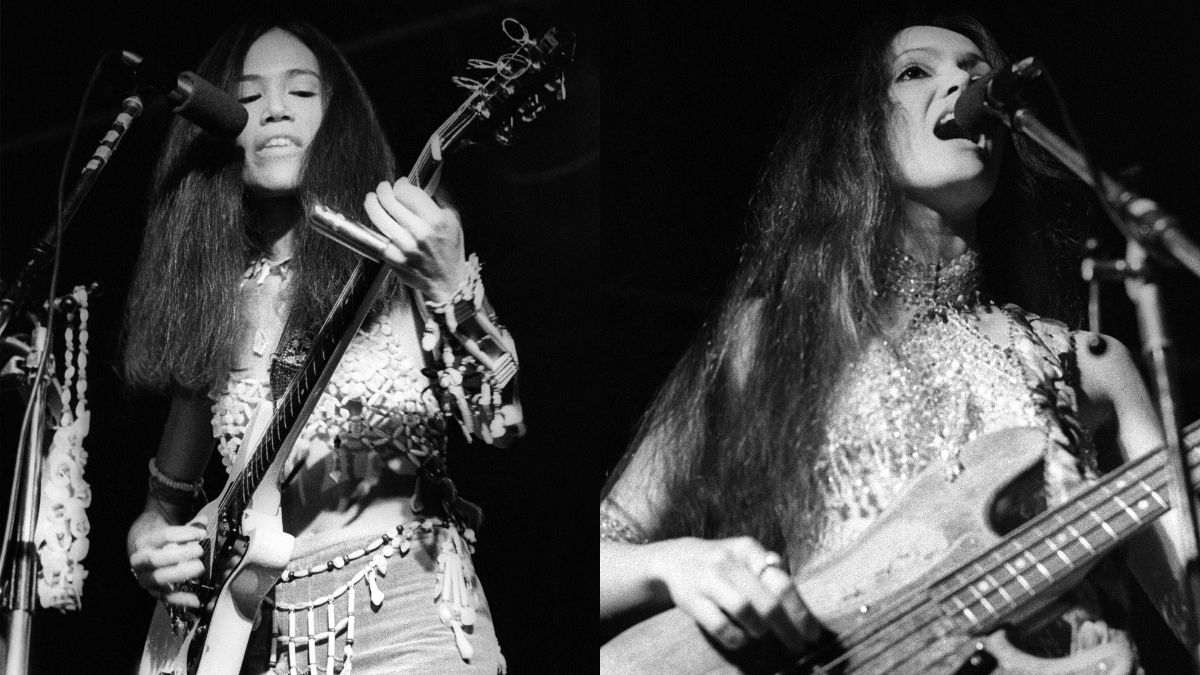'I Got a Name': Ingrid Croce Discusses Her New Book on the Life of Her Husband, Jim Croce
All the latest guitar news, interviews, lessons, reviews, deals and more, direct to your inbox!
You are now subscribed
Your newsletter sign-up was successful
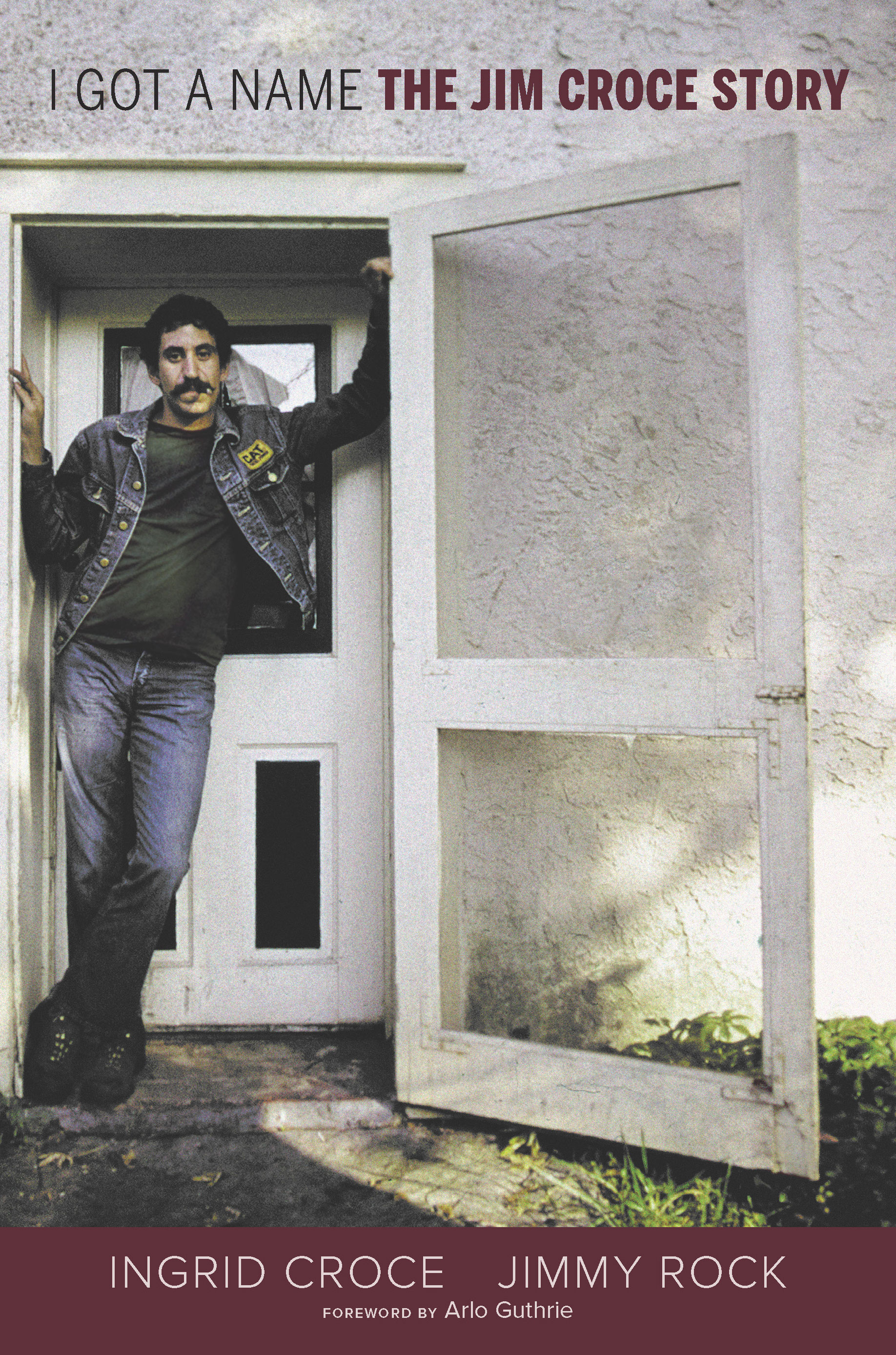
Nearly 40 years after his death, Jim Croce, the man whose hits include “Time In a Bottle," “Bad Bad Leroy Brown” and “You Don’t Mess Around With Jim” continues to inspire generations of fans with his music.
Having been the victim of bad record deals over the course of his career, Croce never saw the fortune that went along with his fame.
Relegated instead to earning a few dollars a week writing songs while at the same time shopping for clothes in thrift stores. But Jim never lost passion for his love of music, his wife Ingrid or his son, Adrian James “A.J.” Croce.
Croce, who would have turned 70 on January 10, died in a plane crash shortly after a show in September 1973. In the years since his death, Ingrid Croce has received several requests to help tell the story of the working man’s singer, but all were ultimately shelved when attempts were made to embellish the real story behind Jim’s life and times.
Fortunately, Ingrid (along with current husband Jimmy Rock) has finally released the real story of her late husband’s life and career. The book, I Got a Name: The Jim Croce Story, is an inspiring and intimate look into the lives of Jim and Ingrid Croce, both of whom were working folk musicians in the late 1960s.
From Jim’s early years performing while barely making ends meet, to the partnership and love he shared with Ingrid, to the ill-fated flight that abruptly ended his life, I Got A Name: The Jim Croce Story is an honest, accurate portrayal of one of the greatest story tellers of our time, told by the one person who knew him best.
I spoke with Ingrid Croce about her new book, Jim’s legacy and the living tribute she’s created to her late husband.
All the latest guitar news, interviews, lessons, reviews, deals and more, direct to your inbox!
GUITAR WORLD: Tell me the story of how I Got A Name began.
I started working on it 25 years ago, shortly after I met my current husband, Jimmy Rock. I had several people approach me with an interest in doing a movie about Jim’s biography and over the years met with several of these companies.
I spent a lot of time with each one of them, telling them the stories as best I could. But after I did, they’d all come back and tell me their story; which would have nothing to do with my story. It was frustrating.
Eventually, I decided to begin work on a book about Jim’s life and spoke with an agent, who put me in touch with a ghost writer. I started working with this person and again, he came back with what he wanted but not what the book was about. Everybody seemed to have their own story.
Finally, I asked Jimmy to help me write the biography and over the next four years, he and I traveled all over. We went to where Jim’s family lived, then down to Natchitoches, Louisiana (where the plane crashed), and then to Nashville. We met with all of the people who had been a part of our lives. We interviewed them and then sat down and wrote this book. Originally, we considered writing it from an omnipotent point of view but weren’t comfortable because it’s really a memoir. So we decided to tell it from my point of view.
What was it like going through and re-living all of those moments again?
I’ve been re-living them for the last 40 years. It’s always hard to go back, especially when you’re dealing with things that are so up close and personal. To be honest, I needed the distance to understand and really be able to tell the story properly. I’m very happy with it now.
In the book, you mention that Jim was always playing his guitar.
All the time. Every single minute he had available he was playing music. He had an amazingly agile mind and was able to articulate all kinds of music. It was a very natural thing for him. We were writing songs and singing them all the time. The slow songs and ballads were the ones that were tough for Jim to write, because they really expressed his feelings. His story songs, though, were always remarkable to me. How he could put together and tell a whole story within 2 1/2 minutes was pretty amazing.
You also discuss the bad record deals that you and Jim were involved with.
During that period of time (1968 to '69) R&B and folk musicians all had it tough. The deals at the time were very bad for new artists. They’d basically pay you by the song and songwriters would have to write a certain amount of songs before they would get paid. In our case, our pay was $200 a week. The sad part about our agreement was that they were all tied together and all in perpetuity. I’m still under the same contract that I signed. There was never a way out of the contract, and it was extremely burdensome. Unfortunately, Jim never received the money that he should have.
Was Jim aware of his fame?
One of the stories I like to tell is the time we were on Sunset Boulevard and Jim’s manager said, “Take a look up!” We looked up and there was a double billboard with “Life and Times” on it. It was unbelievable. Everything was happening so quickly for Jim that it didn’t really settle in. Certainly so, because he wasn’t making the money that he should have been making to show that he was doing well.
It’s hard to imagine how someone with that much stature didn’t realize how people were relating to him. There were times where he would go somewhere and have to hide because people would recognize him. That was a change he wasn’t used to.
There’s also a story in the book where a guy says to him, “Oh my God! You look just like Jim Croce! You could make a million dollars playing Jim Croce!” And Jim thought “Yeah, right!” I mean here he was, in a Good Will store trying to find a pair of jeans and a jacket that would fit him. Fame wasn’t all that it appeared to be for Jim.
What do you think Jim would have done had he survived?
I’m sure he would have done everything anyone could possibly have done because he was such a talented human being. Certainly headed to do a Johnny Carson type of night-time show. But he probably would have gotten bored doing that and would have wanted to do movies and things of that sort.
I know he would have continued to write, like all of the major artists today: James Taylor, Randy Newman and Bob Dylan. He could have done anything. He had the most amazing sense of humor and a very good understanding of history. He was definitely aware of where he fit in and where the world fit in time.
Tell me the story of the origin of Croce’s Restaurant? One night, Jim and I were walking in downtown San Diego having our first date alone together in a long time. We were looking for somewhere to eat and listen to live music but couldn’t find a single place. I remember at one point we stopped on a corner and Jim said to me, “We’re going to have to build a restaurant if we want to eat something and play live music!”
In 1985, I opened Croce’s restaurant right on that same corner, and we’re still here today. It’s a wonderful tribute to Jim. People really enjoy it and the food is amazing. We also have a great wine list. It’s something that I’m really proud of and something I think would have made Jim very happy too.
What does the future hold for you?
I hope a movie based on the book. That’s the next step. I’m still working at Croce’s and still keeping live music "live." That’s a big thing for me. We have Martin Guitar as a sponsor that works along with us. They’re terrific and even made a Jim Croce series of guitars. Of course, Jim could never have afforded them [laughs], but now there’s one in his name, and I’m so thankful.
James Wood is a writer, musician and self-proclaimed metalhead who maintains his own website, GoJimmyGo.net. His articles and interviews are written on a variety of topics with passion and humor. You can follow him on Twitter @JimEWood.
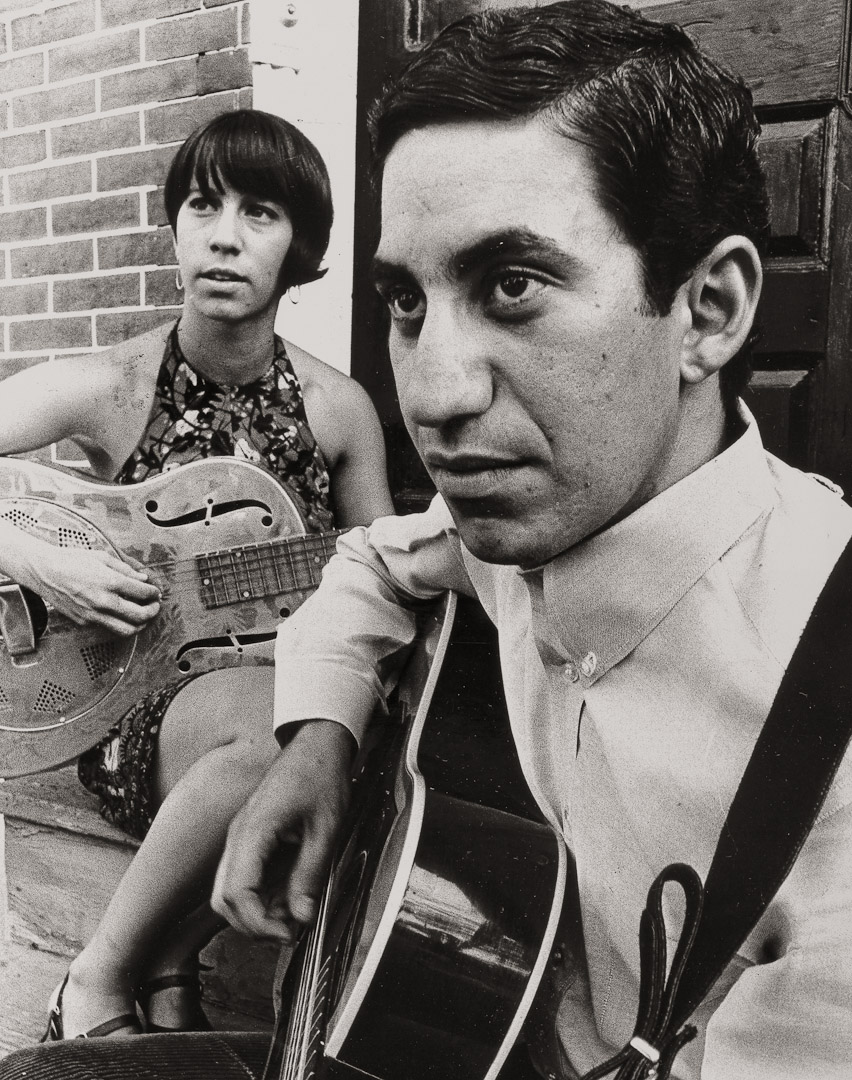
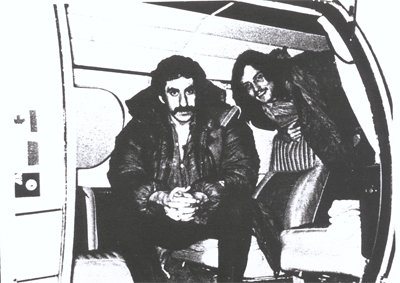
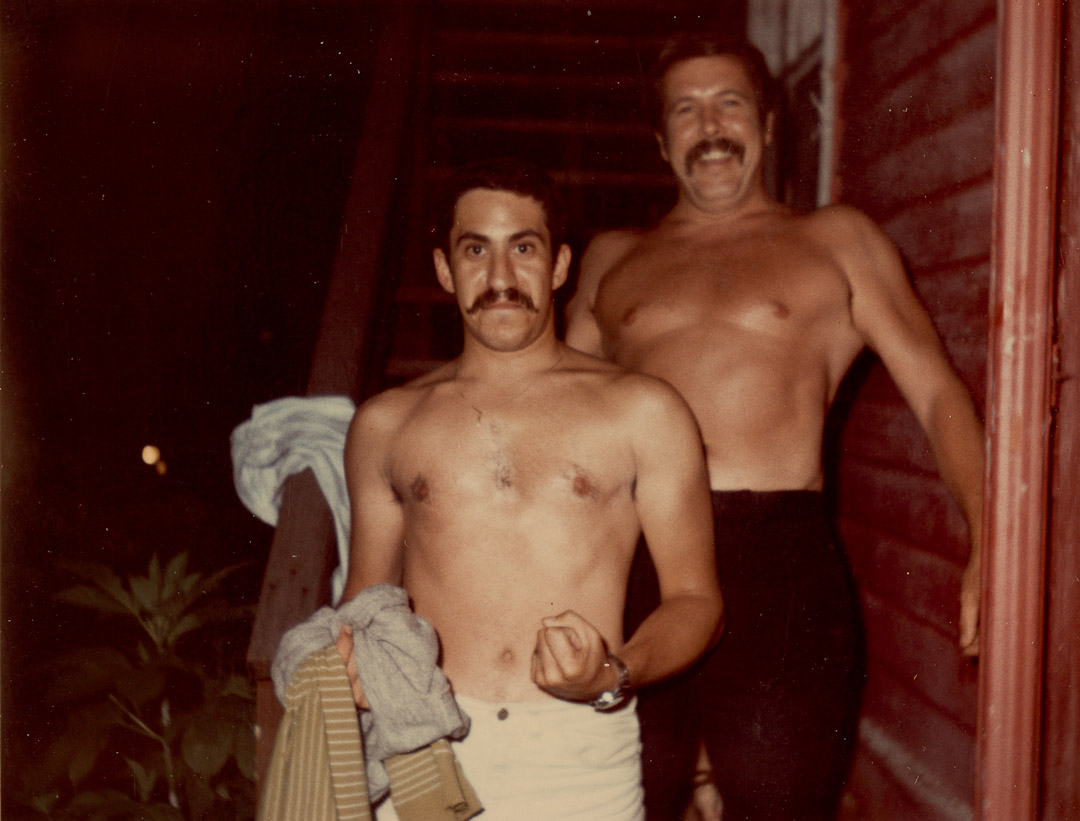
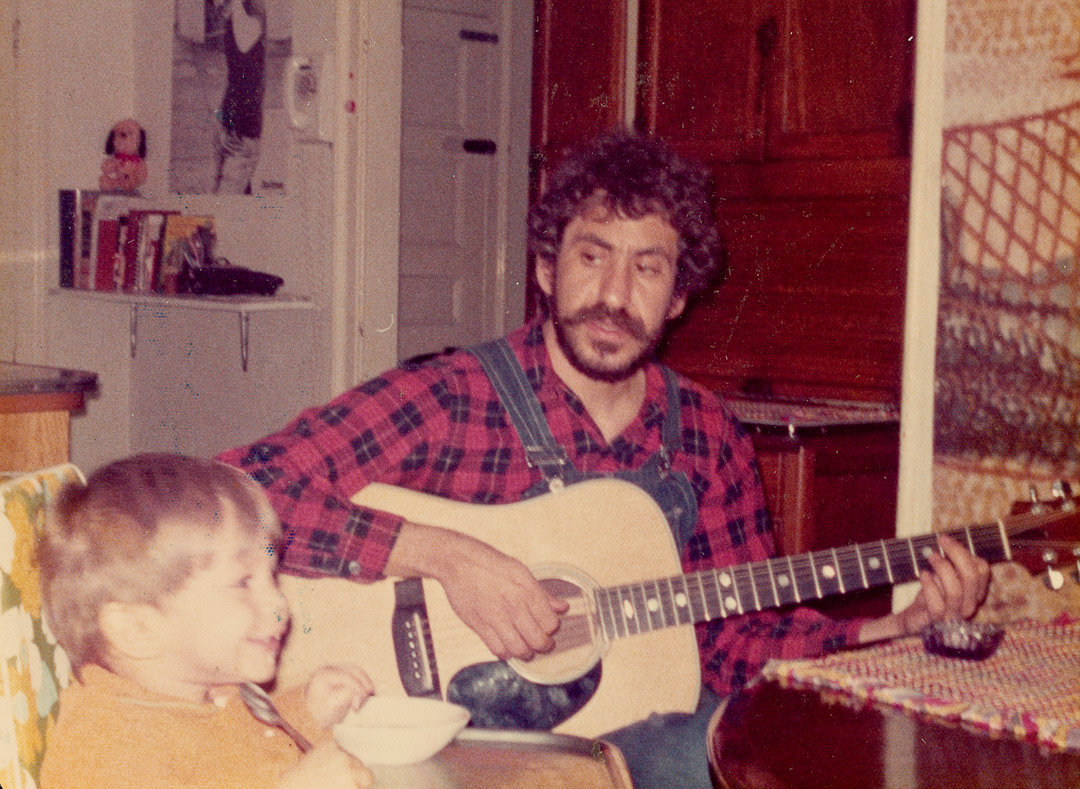
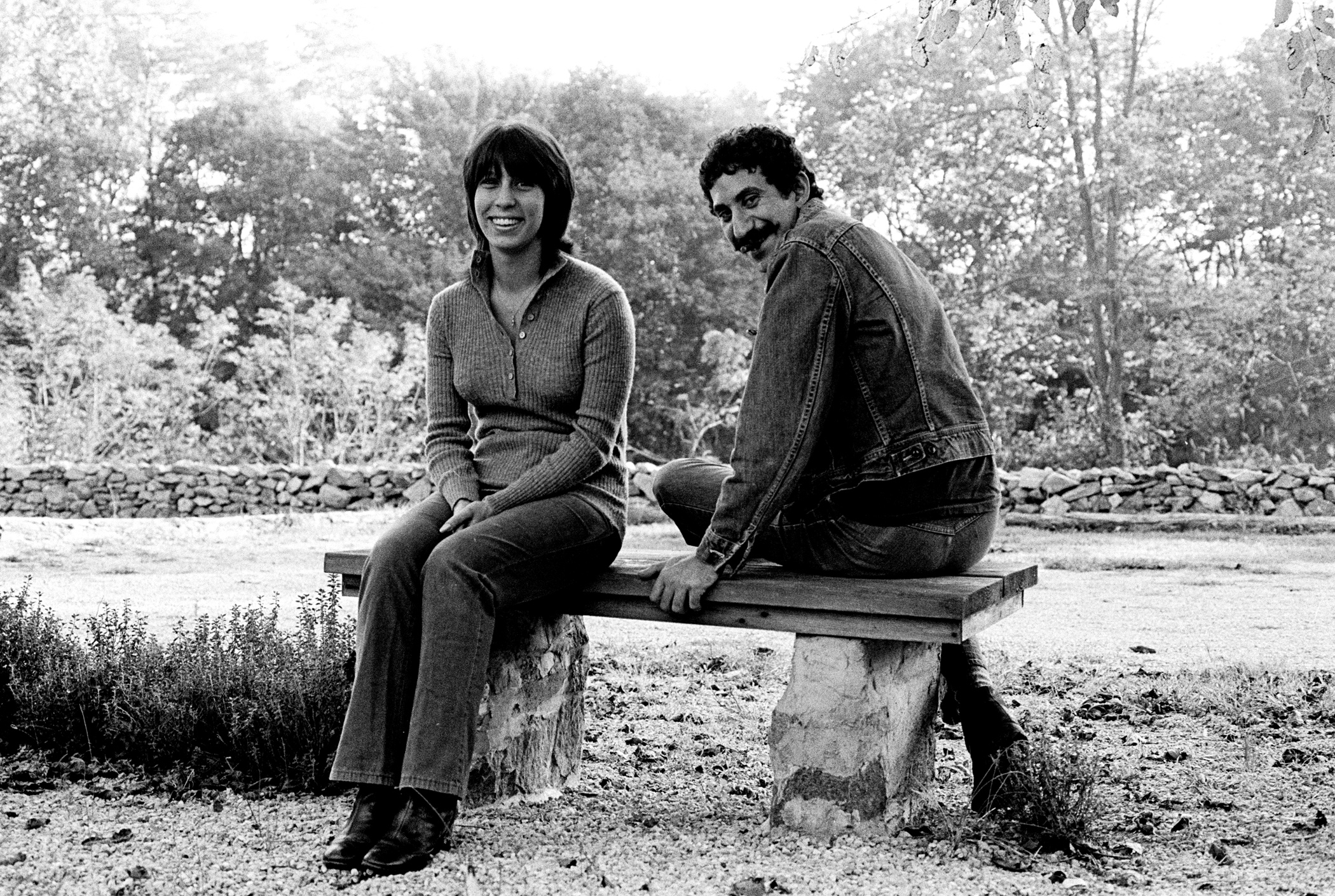
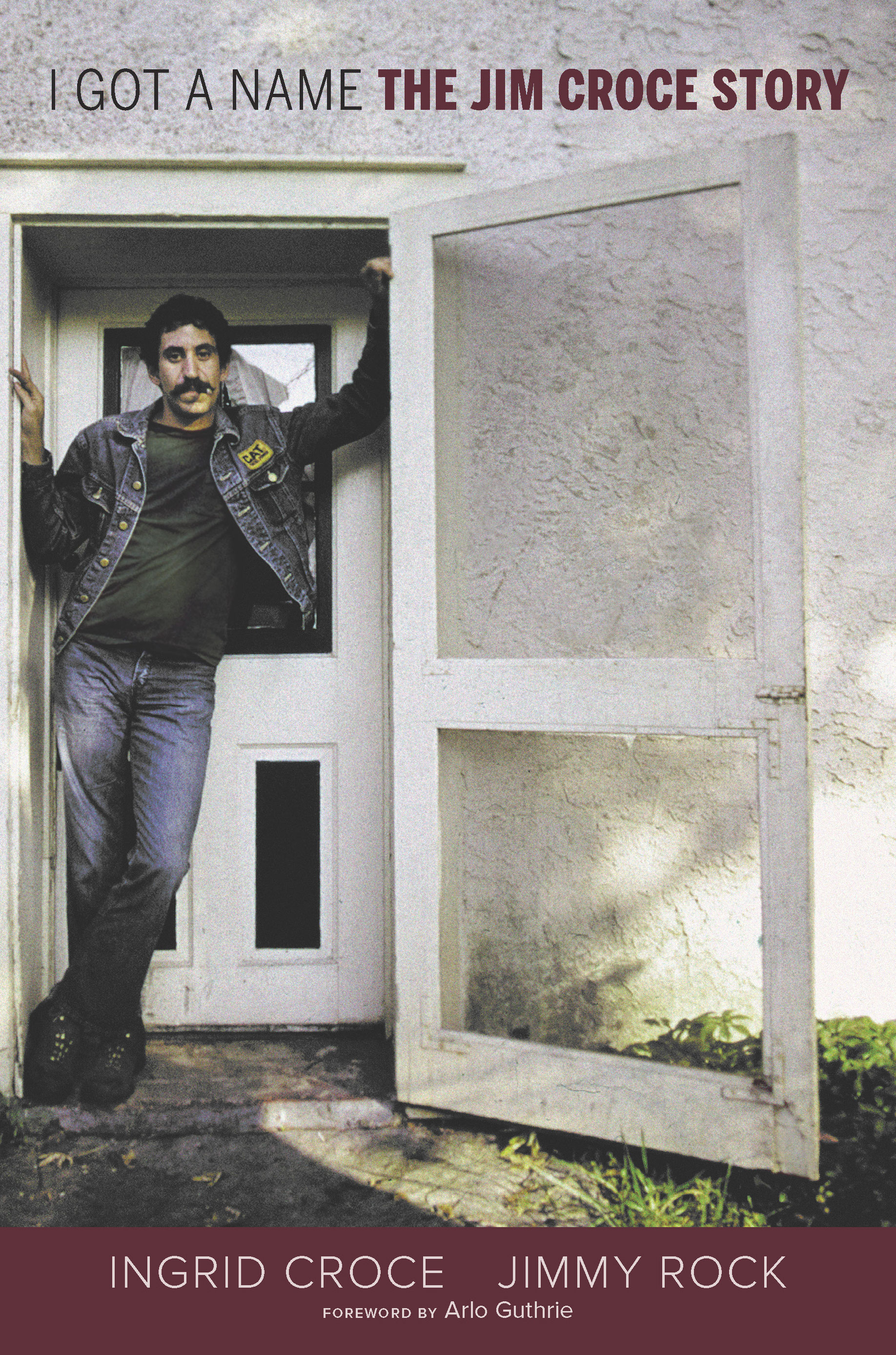
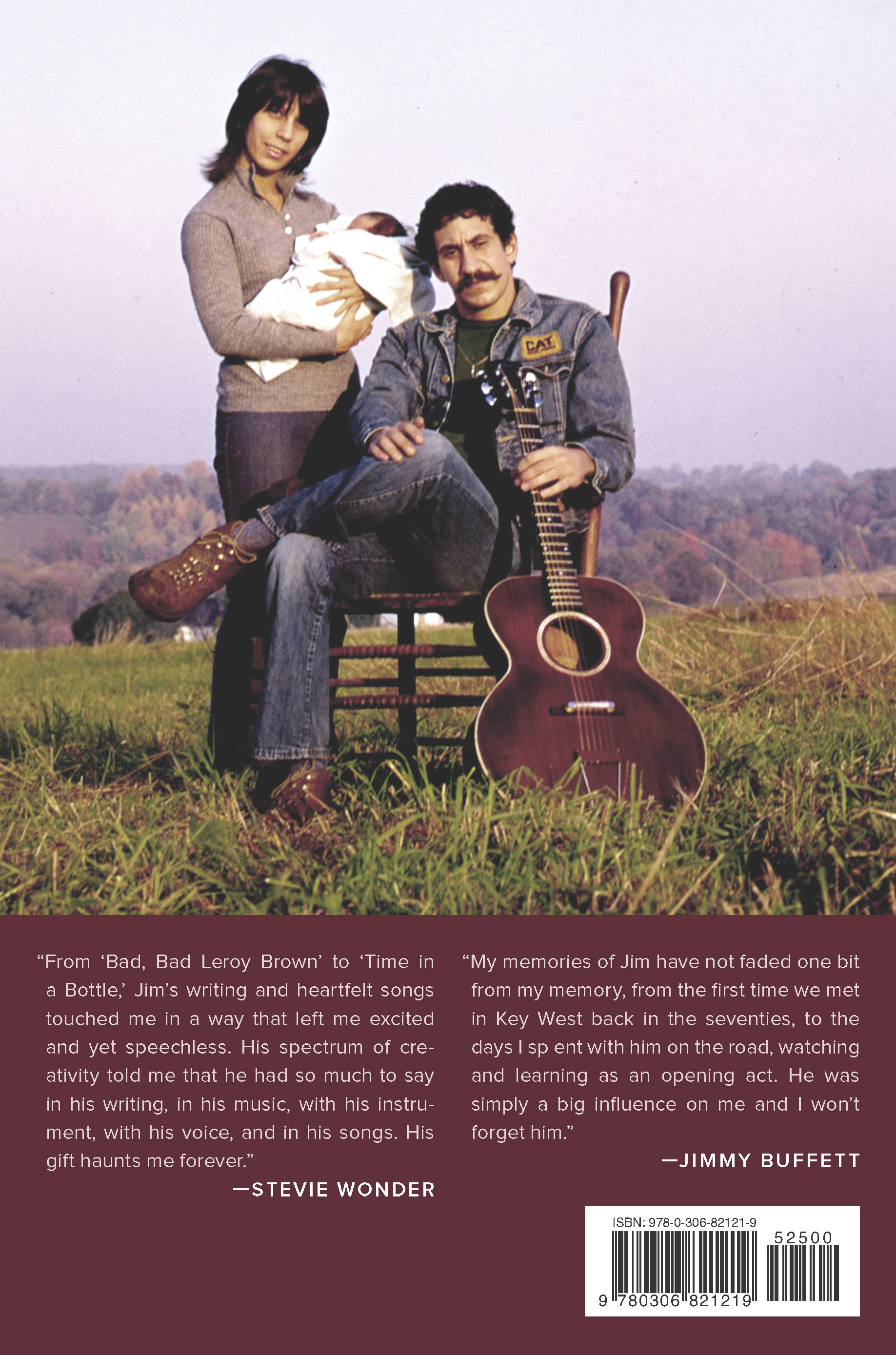
James is a guitarist and freelance writer who's interviewed some of the biggest names in music. He is the author of four books and his writing credits include work for Guitar World, AXS and Yahoo! as well as for his hometown newspaper where he writes on a variety of topics with both passion and humor. As a guitarist, he's performed everywhere from local bars and nightclubs to some of the biggest stages in front of thousands of music fans.
